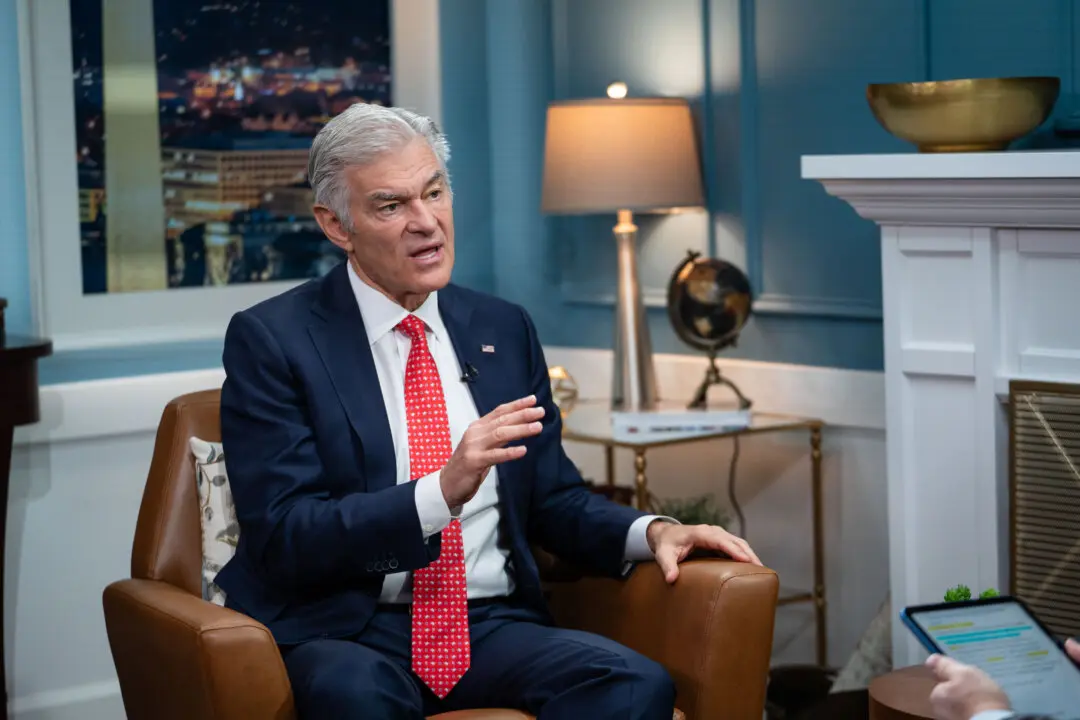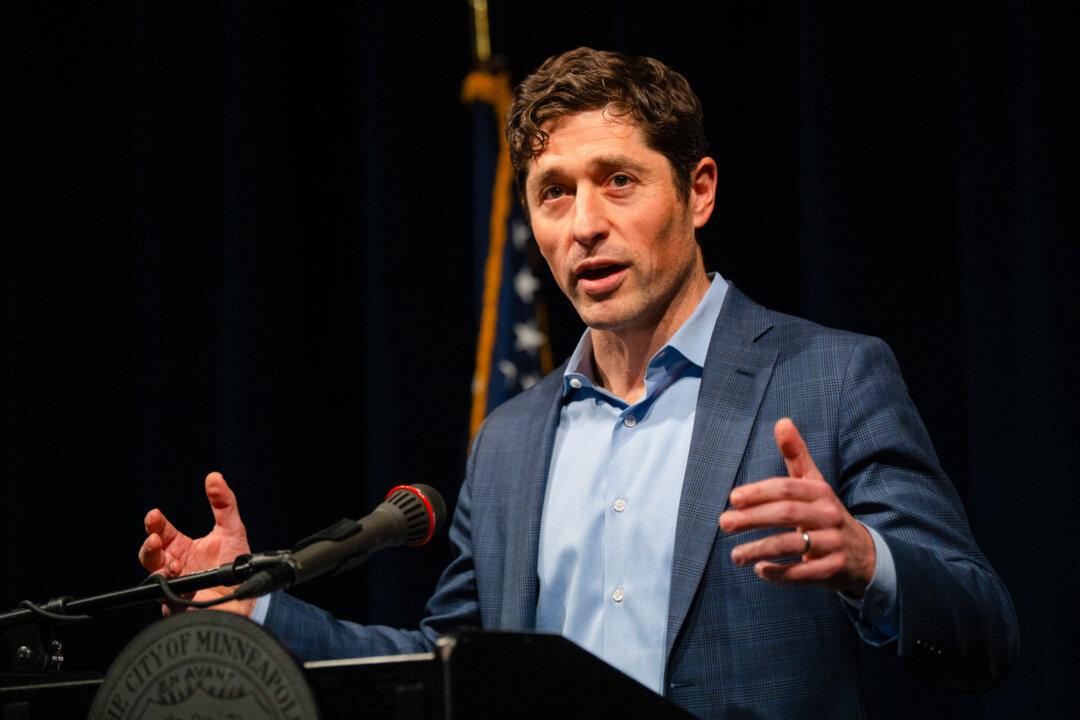American aviation safety seems to be teetering on “a knife’s edge,” as one veteran airline pilot put it. Usually an unflappable bunch, a half-dozen pilots told The Epoch Times that they’re increasingly troubled over the state of aviation.
Although 14 years have passed since the last fatal U.S. commercial airliner accident, pilots point to a cluster of near-misses. Those are particularly disturbing considering the chaotic climate in which they occurred.





